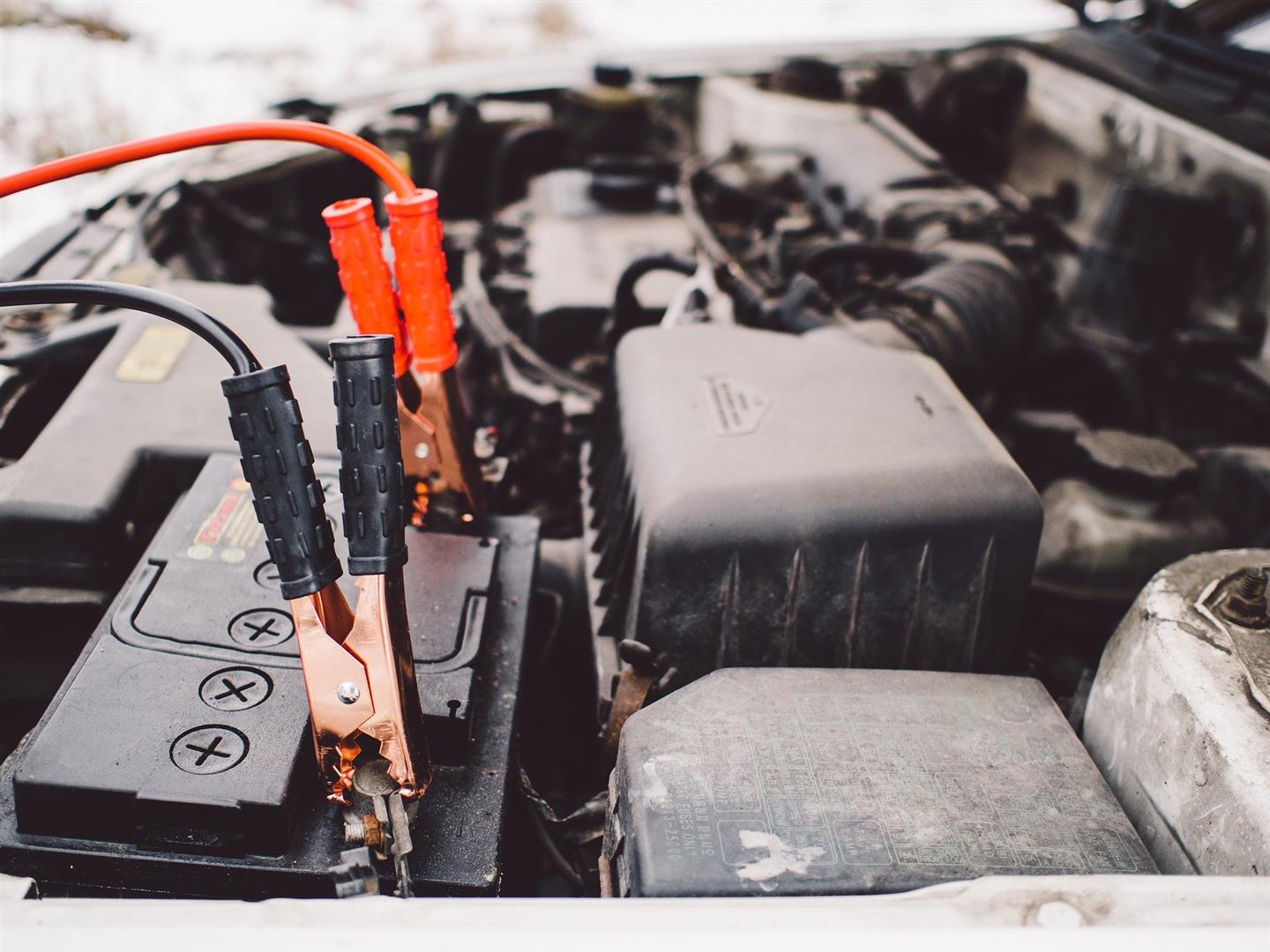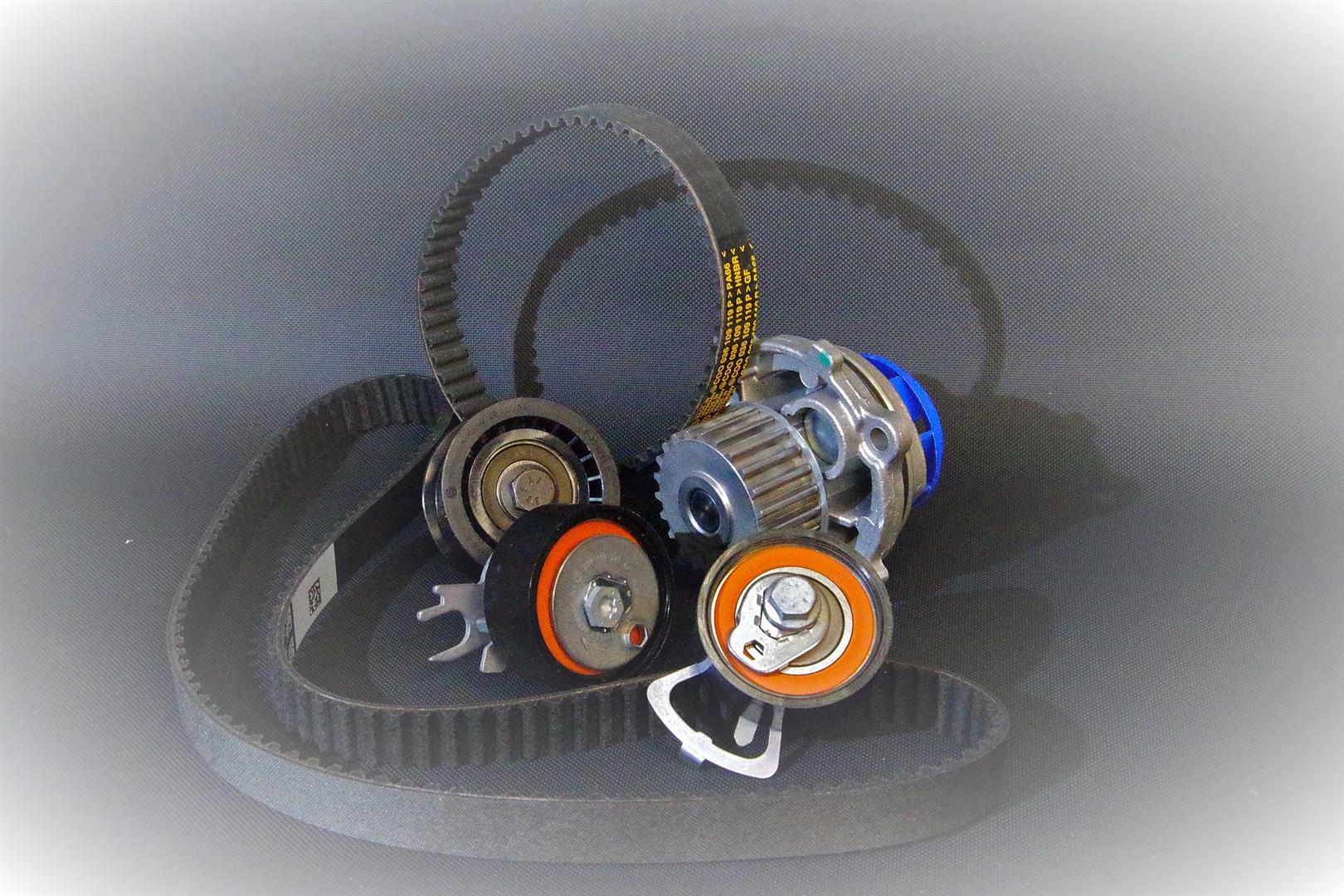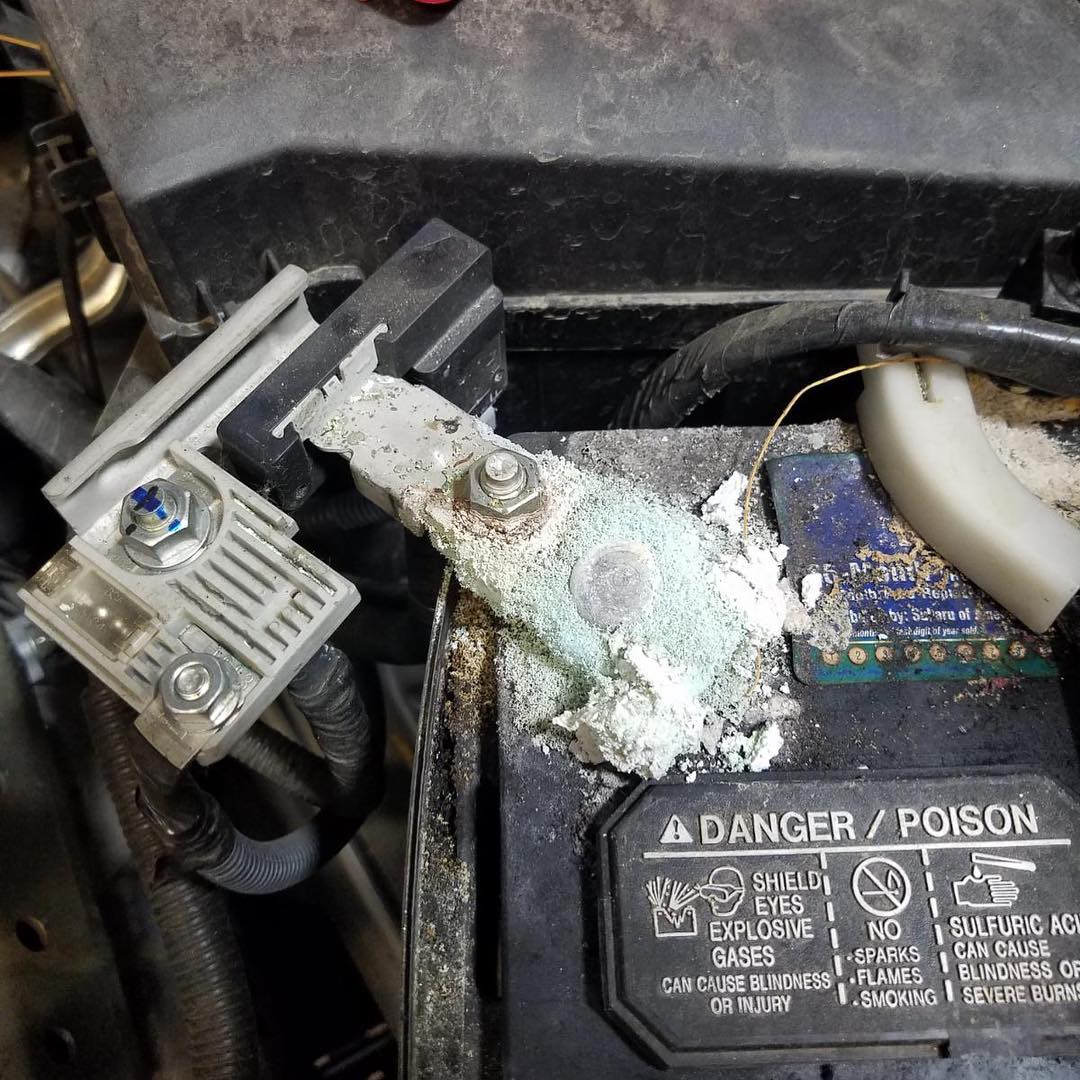Posted on 5/28/2020

Summer is supposed to be a time where you are free to take a road trip or drive to your favorite place to spend time with friends or family, or hey, yourself (we don't judge)! However, summer plans can quickly be thwarted when you find yourself dealing with a car breakdown. Not only are they stressful, but they can put your safety at risk on the road. It can also be costly having to deal with towing and repairing your vehicle. So, let's take a look at some of the causes of car breakdowns and what you can do to try to prevent them from happening this summer. The summer heat can actually take a toll on our vehicles, especially when your vehicle is constantly parked in direct sunlight. It also just so happens that during the summer months, many drivers are using their vehicles much more often, which can also contribute to excessive wear and tear. Here are some of the main causes of why vehicles tend to breakdown during the summer months: Batteries B ... read more
Posted on 5/20/2020

It's first thing in the morning and you’re already late for work. You hop in your car, turn the key to start it and...nothing. The worst! You panic as you try to figure out what to do first: call someone--your boss, AAA, the Quick Lube who changed your oil two months ago... We’re instead going to turn this panic into power and armor you with knowledge that will 1. keep you calm and 2. get you back on the road as soon as possible. Your first step is to troubleshoot. And the best part is you can do this yourself. It is easier than you may think! Start here: When you turn the key in the ignition, does the engine crank (try to start)? Do the lights and radio come on? Do you hear a “clicking” noise? Or, does nothing happen at all (you might as well not even be trying here)? Can you remember the last time the battery was replaced? You may simply need a new battery. Or maybe you le ... read more
Posted on 4/23/2020

Your vehicle's timing belt is important to the overall operation of the engine. It ensures the correct timing of the crankshaft and camshaft so that the engine valves open and close at the proper times. Over time, timing belts begin to wear out and can fray or tear. This is why they need to be replaced at certain intervals, typically around every 60,000 miles or so. When a timing belt breaks, it can cause damage to surrounding components and end up costing you more money on repairs. If you're unsure how often your vehicle's timing belt should be replaced, refer to your vehicle's owner's manual for this information. It is so important to replace your timing belt on time, even if you don't see damage on the outside of the belt. The inside of the belt could be dry, making it more likely to snap unexpectedly. Not only will a snapped belt leave you stranded, but it can bend valves, cause piston damage, and ruin cylinder heads. The level of damage t ... read more
Posted on 11/6/2019

Consider this: automotive repair is inherently a sustainable business. Why is that? Because keeping vehicles on the road by repairing them is more environmentally-friendly than producing new vehicles. Truth is, automotive is the top recycling industry in the world. And believe it or not, about 86% of a car is recyclable. New cars are made from about 25% recycled materials. A major part of day-to-day operations in an auto repair shop includes a lot of recycling. Everything from scrap metal, dirty fluids, old car batteries, used car parts, paper and corrugated cardboard are recycled daily. If you’ve ever completed a car repair on your own, you know what we mean. At the end of an oil change, for example, you are left with a load of dirty motor oil plus a used oil filter. If ... read more
Posted on 8/18/2019

We love our cars. When they’re running great, we depend on them to get us to where we need to go. If you’ve ever been without a car, you know the freedom they represent. But with great freedom comes great responsibility. Vehicles emit a host of toxic gases from combustion in the engine, which come right out the tailpipe and into the atmosphere. Emissions tests are designed to ensure these gases are released at a safe limit, improving air quality and the environment. Therefore, these tests are government regulated. You won’t legally be allowed to drive your vehicle if it fails its emissions test. Whether you’re a “fix it when it breaks,” or “prevent a breakdown in the first place” kind of driver, the required emissions test will be the legal determiner if you can get your vehicle registered and drive it on public roads. How do I get an emissions test? In Colorado, there are two options for getting a gas ... read more